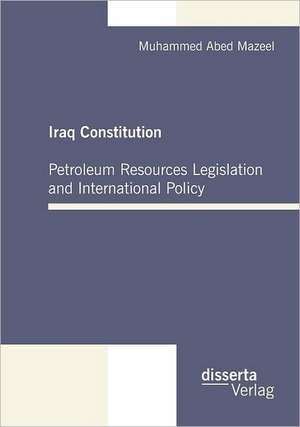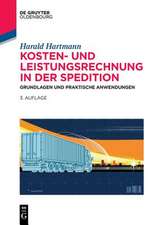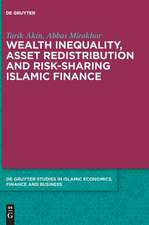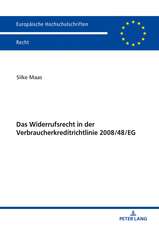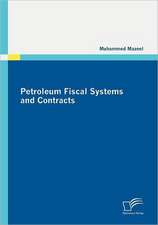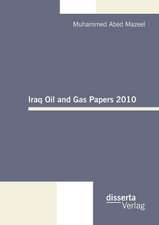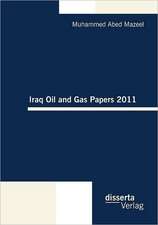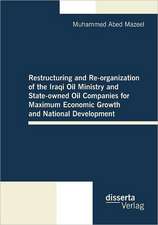Iraq Constitution: Petroleum Resources Legislation and International Policy
Autor Muhammed Abed Mazeelen Limba Engleză Paperback – 30 sep 2010
Preț: 475.85 lei
Preț vechi: 587.46 lei
-19% Nou
Puncte Express: 714
Preț estimativ în valută:
91.08€ • 98.97$ • 76.56£
91.08€ • 98.97$ • 76.56£
Carte disponibilă
Livrare economică 31 martie-14 aprilie
Preluare comenzi: 021 569.72.76
Specificații
ISBN-13: 9783942109345
ISBN-10: 3942109344
Pagini: 230
Dimensiuni: 148 x 210 x 12 mm
Greutate: 0.28 kg
Editura: Disserta Verlag
ISBN-10: 3942109344
Pagini: 230
Dimensiuni: 148 x 210 x 12 mm
Greutate: 0.28 kg
Editura: Disserta Verlag
Descriere
This book covers policy proposals and interim contracts, assesses the positions of various Iraqi political actors and examines the potential significance for international foreign policy goals in Iraq. Despite a lack of progress in reaching agreements on the hydro-carbon sector and revenue sharing legislation to set new conditions for the management of the country's significant oil and gas resources, development in Iraq's oil and gas sector is moving forward. The passage of the oil and gas sector framework and revenue sharing legislation will be seen as significant milestones by International governments and International Oil Companies (IOC s). This would provide evidence of the Iraqi government's dedication to promoting political reconciliation and providing a solid foundation for long term economic development in Iraq. Interim revenue sharing mechanisms have been introduced due to the lack of new legislation. Additionally, both the Federal Government (the Federal Oil Ministry-MoO) and the Kurdistan Regional Government (KRG) (the Regional Ministry of Natural Resources and Energy) have made oil and gas development deals with foreign firms. The MoO is working with existing regulation from the previous political and administrational regime, while the Regional Ministry of Resource and Energy Kurdistan-Iraq has designed its own laws and regulations, which the Federal Government has not yet recognized. There is wide recognition among Iraqis of the importance of oil and gas revenue for the Iraqi economy. Most groups see the need for new legal and policy guidelines for the development of the country's oil and natural gas resources. However, Iraq's Council of Representatives (parliament) has not yet considered the proposed legislation due to ongoing political discord and general political instability. There are strong differences on key issues between Iraqi critics and supporters of various proposed solutions. These include the appropriate role and powers of federal and
